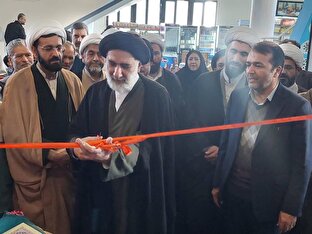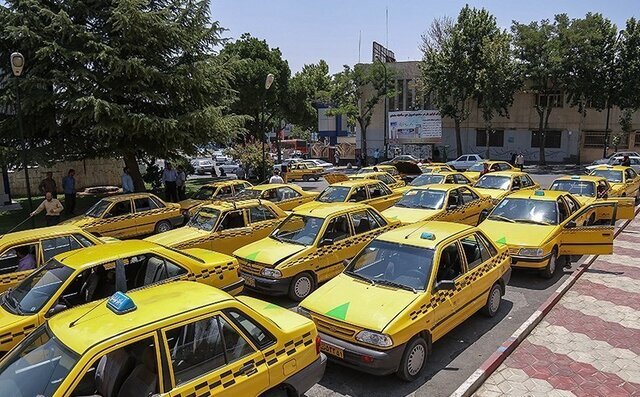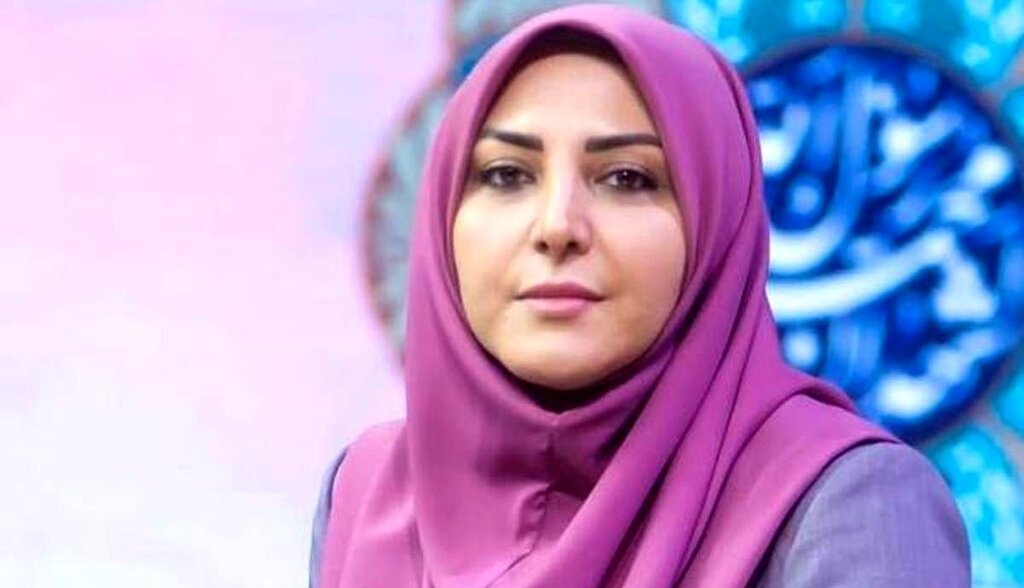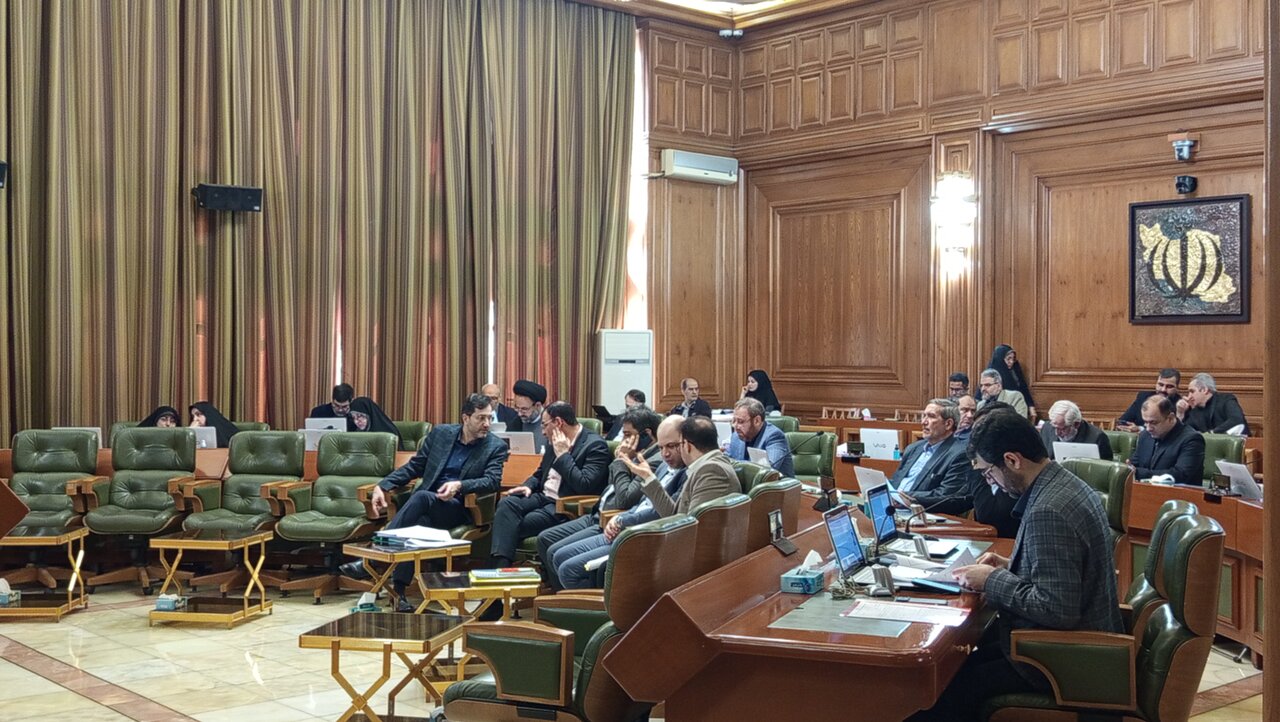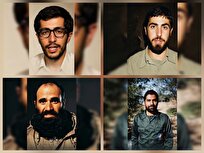As the UAE expands military footprint in Africa, Algeria draws line in the sand
As the UAE expands military footprint in Africa, Algeria draws line in the sand

"Why are you interfering in our internal issues?" Algerian President Abdelmadjid Tebboune's question addressed to an unspecified "Gulf" state last month has brought back into the spotlight the latent tensions between the North African country and the United Arab Emirates (UAE).
"The problem starts when someone comes and messes with you in your own home, with suspect motivations. Getting involved in issues we don’t allow even great powers to get involved in […] We have wonderful relations with all the fraternal Gulf countries - except one," he told a room of the country's most powerful military leaders in October.
For Algerians, there was no doubt who Tebboune was referring to. The UAE has featured prominently in the Algerian political and media discourse for some time now, with increasing hostility.
During the 2019 Hirak movement that toppled long-time President Abdelaziz Bouteflika, the UAE became a common target of the protesters, who saw the Gulf state as a reactionary force fighting democratic movements in the region. Placards were scrawled with messages like "No to the UAE on the land of the martyrs", referring to the Algerians killed in the country's liberation struggle against France.
Meanwhile, official circles in Algeria have repeatedly accused the UAE embassy of "suspicious moves" and its ambassador of being "on a mission to destabilise" the country.
In January 2024, following a high security meeting, authorities expressed their regret about "the hostile actions towards Algeria, emanating from a brotherly Arab country".
Two months later, Tebboune publicly criticised a state whose leaders had, according to him, been led to "sin" by "pride" and whose actions he deemed "illogical".
'The problem starts when someone comes and messes with you in your own home, with suspect motivations'
- Algerian President Abdelmadjid Tebboune
"[Algeria] never bends," he said, warning that "patience has its limits". He added: "If you try to treat us the way you treat others, you're mistaken. We have 5.63 million [martyrs] who died for this country. Those who want to approach us, let them do so."
More recently, UAE-based channel Sky News Arabia provoked official backlash after hosting a controversial Algerian academic who called the identity of the Amazigh minority a "French, Zionist construct", leading to his detention for undermining the country's "unity".
Algerian state television called the broadcast a "form of venom, filth, indecency", adding that the UAE had "crossed all red lines".
The UAE-Morocco-Israel axis
For Akram Kharief, an Algiers-based security and defence analyst, the tension between the two states is "related to Emirati support for Morocco, and it is probably also due to the UAE's closeness with Israel".
Although the UAE has not issued an official reaction to Tebboune's recent remarks - unlike in 2024, when a presidential advisor denounced "veiled insinuations" and "provocations" - an article published in state media Al Bayan appears to reflect its position. It explained "the Algerian assault on the UAE" as a consequence of Abu Dhabi's alignment with Morocco on the issue of the disputed territory of Western Sahara.
Algeria supports self-determination for the Sahrawi people and hosts their national liberation movement, the Polisario Front, along with an estimated 175,000 refugees in camps in its southern regions. On the other hand, Rabat insists on full control over the resource-rich territory and advocates for its "autonomy" within Moroccan sovereignty.

The latest round of the five-decades-long conflict took place last month in the corridors of the UN Security Council, which adopted a resolution calling upon the parties to take Rabat's "autonomy plan" as a basis for negotiations.
Algerian sources accused the UAE - alongside France and Morocco - of a coordinated pressure campaign to influence UNSC members to vote in favour of the controversial resolution.
The UAE's deepening alliance with Algeria's primary regional rival is worrying its leaders for economic reasons too. Emirati economic interests in Morocco are substantial. In May, the Gulf state signed a $14bn "megadeal" with the kingdom, representing the largest private investment in Morocco's history. The deal includes projects in the disputed Western Sahara.
The UAE has also committed to investing in the Nigeria-Morocco Gas Pipeline (NMGP) project: an ambitious $25bn energy conduit linking Nigeria's gas to Europe. The funding represents a blow to Algiers, which has been long planning a Trans-Saharan Gas Pipeline (TSGP) with identical aims. Such a pipeline would grant the builder immense political and economic leverage.
For International Crisis Group senior analyst Michael Ayari, in addition to becoming "Morocco's main donors", the UAE is seen by Algiers "as the main source of destabilisation alongside Morocco" for its ties to Israel, in a trilateral partnership it views as a direct threat.
'The fundamental reason behind the spat between the UAE and Algiers is the fact that the Emirates are trying to become a regional power that supports normalisation with Israel'
- Michael Ayari, International Crisis Group
"The fundamental reason behind the spat between the UAE and Algiers is the fact that the Emirates are trying to become a regional power that supports normalisation with Israel," he told Middle East Eye.
In 2021, Algeria severed diplomatic relations with Rabat over "hostile manoeuvres" after its neighbour signed the so-called Abraham Accords, formalising ties with Israel in exchange for US recognition of Morocco's sovereignty claims over Western Sahara.
Algeria, a historical supporter of the Palestinian cause, reacted by declaring itself "surrounded by dangers and wars" and denouncing "a desire to bring the Zionist entity next to [its] borders".
A year later, it was revealed that Morocco had been using Israeli spyware Pegasus to target thousands of Algerian officials. The same spyware was used extensively by the UAE to target dissidents.
From military aid to ‘demonising’ bots
For Kharief, Algiers' suspicions towards Abu Dhabi are also fuelled by Emirati military support "to parties that are clearly anti-Algerian", starting with Morocco.
In 2006, Abu Dhabi and Rabat signed a military cooperation agreement comprising training, technical and material assistance. Other agreements were later signed to strengthen the cooperation, including in the fields of intelligence and military industry.
Morocco is also expected to receive from 2027 onwards 30 modernised second-hand Mirage 2000-9 fighter jets from the UAE, while Algerian media have reported claims that the Emiratis have provided Rabat with sophisticated espionage equipment now installed along the border.
Meanwhile, the North African kingdom has increasingly favoured Israeli military suppliers like Elbit over traditional partners like France for its arms purchases. Morocco has also announced the establishment of a rare Israeli drone factory on its territory.
Algiers watches with increasing concern these developments, which seem to be complemented by a soft power offensive.
"The UAE appear to be financing armies of computer bots that sometimes target Algeria," Ayari told MEE.

While a similar influence campaign by the UAE, in collaboration with Israel, was recently uncovered in Sudan, a mirror strategy seems to be emanating from Morocco. Investigations have revealed that websites posing as independent security intelligence sources have been found to be part of a coordinated misinformation campaign targeting Algeria.
These sites, some of whose staff members can be linked to the Israeli military, can often end up being used as sources in foreign policy research and intelligence, further muddying the waters.
A recurring claim is that the Iran-backed Lebanese group Hezbollah has infiltrated the Polisario Front with Algeria's blessing, an assertion for which there is no evidence.
Ayari describes the campaign as "an attempt to demonise Algeria by likening it to Iran and Russia".
The campaign paints a menacing though contradictory picture: Algeria is at once communist, paranoid and isolationist - yet simultaneously fundamentalist, Islamist and expansionist.
As Kharief points out, the reality is less exotic: "Algeria has a defensive doctrine and has not really had much influence in the region."
He says that its goal is to stabilise neighbours through economic aid and mediation, not military power, a posture he suggests explains the challenges Algiers now faces on its borders. While the world has changed, "Algeria has not", Kharief argues.
"The country once played a major diplomatic role on the global stage, insisting on respect for diplomatic norms and pacifist action," he told MEE, referring to Algiers's leading role in the Non-Aligned Movement of the 1960s and 70s.
"Now some powers disregard international law, circumvent arms embargoes, and do not hesitate to fuel terrible conflicts against civilians. This explains the distinct character of the Algerian approach, which is seen as paranoia or isolation but is in fact diplomatic orthodoxy."
All-out war?
Algeria has found itself butting heads with the UAE further afield on the continent, where the Gulf state has expanded its military footprint at breakneck speed. Beyond Morocco, it has signed security agreements in neighbouring Chad, Mali and Mauritania, and further afield in Somalia and Ethiopia.
The UAE has also purchased or leased military outposts in the Sahel and the Horn of Africa and signed a plethora of other security and cooperation agreements throughout the region.
'Some powers disregard international law and [… ] fuel terrible conflicts against civilians. This explains the distinct character of the Algerian approach, which is seen as paranoia or isolation but is in fact diplomatic orthodoxy'
- Akram Kharief, security and defence analyst
"Wherever there is conflict, this state's money is present, in Mali, in Libya, in Sudan," President Tebboune said last year.
Well-documented Emirati involvement is particularly visible in the Sudanese war, where Abu Dhabi supports the paramilitary Rapid Support Forces (RSF), who have been accused of massacres.
"The Emirates are everywhere in Africa; they supply weapons and buy gold - that's somewhat their doctrine," Kharief told MEE.
"The Emirates want non-democratic regimes to govern countries rich in natural resources. Abu Dhabi aims to become the world's leading gold reserve and does everything possible to get its hands on as much precious metal as possible," he added.
In neighbouring Libya, the UAE supports eastern commander Khalifa Haftar with arms and money. The powerful warlord has repeatedly threatened Algeria with war.
In the Sahel, Algerian media report that the UAE is capitalising on regional shifts with "destructive motives". The newly hostile stance towards Algiers from neighbouring Mali, traditionally an Algerian ally, has been attributed to Emirati influence, which they see as part of a broader strategy of isolation coordinated with Morocco and Israel.
Algiers fears that Emirati actions in the region will hit closer to home, too.
According to reports, the UAE has established communications with the Paris-based Movement for the Autonomy of Kabylia (MAK), which calls for independence for Algeria's predominantly Amazigh Kabylia region and is designated a terrorist group in the country.
From Algiers, the UAE move is seen as the Gulf state transgressing yet another red line. The MAK is also supported by Israel and Morocco.
MEE contacted the Algerian, Emirati and Moroccan foreign affairs ministries for comment but had not received a response by the time of publication.
"Algeria is an enormous country, and in the minds of those in power, the energy spent defending its territorial integrity should be as significant as that spent maintaining social peace," Ayari said.
"The main fear is territorial fragmentation. This is the case for many formerly colonised countries."
Algeria is Africa's largest military spender, followed by Morocco, which has recently increased its investments, leading some analysts to speculate over a regional arms race.
So far, despite the heightened tension, a pattern of pragmatic restraint has always pulled the two neighbours back from the brink.
However, while an all-out war between Algeria and the UAE remains unlikely, according to Ayari, a proxy war that could involve Morocco is not out of the question.
The analyst even suggests that a breakout attack by the Polisario Front, similar to that led by Hamas on Israel on 7 October 2023, is possible. Such a scenario may well trigger an Israeli-like response from Rabat, though with one key differentiator, Ayari added.
"Unlike Morocco, Israel does not have a neighbour as militarily powerful as Algeria," he said.




